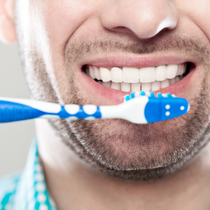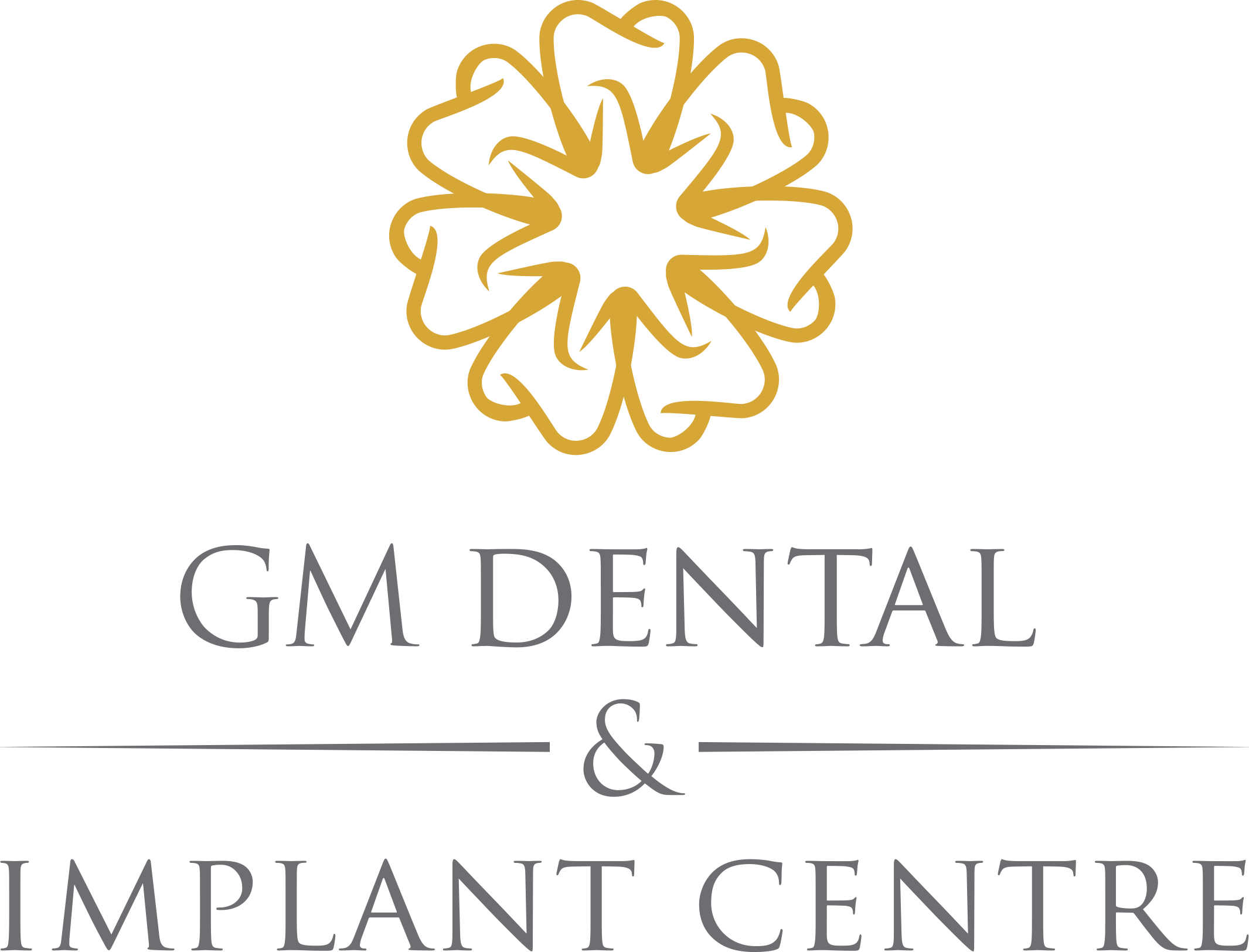At its heart, National Smile Month is about learning what you can do to have a clean and healthy mouth. Your journey towards good oral health starts with brushing your teeth. It’s so simple. Twice daily toothbrushing is the most important thing you can do for your smile. That’s why, as part of National Smile Month, the Oral Health Foundation has joined with GSK and Corsodyl to create a digital guide for better brushing.
By being aware of what you can do to develop and maintain good oral health, you can change your life for the better. Let’s get brushing!

Twice daily toothbrushing and daily cleaning between your teeth is important because it removes plaque. If plaque isn’t removed, it continues to build up and could lead to a number of oral diseases such as tooth decay and gum disease. Over time, this can lead to tooth loss.
Good oral health has many benefits, not only for your mouth but your overall wellbeing too. In recent years, gum di
sease has been linked with a number of general health conditions. Including:
Both manual and electric toothbrushes are effective for keeping your teeth and gums healthy. Your dental team will be able to recommend a toothbrusuitable for your needs.
Adults should be looking for a small-to-medium-sized brush head. This should have soft-to-medium, multi-tufted, round-ended nylon bristles or ‘filaments’. The head should be small enough to reach all parts of the mouth – especially the back of the mouth where it can be difficult to reach.
Children should use smaller brushes but with the same type of filaments. It is now possible to buy more specialised toothbrushes. For instance, if you suffer from sensitive teeth, you can now use softer-bristled brushes. There are also smaller brush heads for those with irregular-shaped teeth.
Some may also find it difficult to hold a toothbrush, for example because of limited movements or disabilities. There are now toothbrushes which have large handles and angled heads to make them easier to use.
Electric toothbrushes have oscillating rotating or vibrating heads. Tests show these toothbrushes
are more effective at removing plaque. Everyone can benefit from an electric brush. They are particularly useful those with limited movement, such as disabled or elderly people. As many now come with mobile apps, they can also be better for children, who are motivated by the interactive nature of using an electric brush.
Worn-out toothbrushes cannot clean your teeth properly and may damage your gums. It is important to change your toothbrush, or toothbrush head (for electric users) every two-to-three months, or sooner if the filaments become worn. When bristles become splayed, they do not clean properly.
1.Place the head of your toothbrush against your teeth, then tilt the bristle tips to a 45-degree angle gainst your gumline. Move the brush in small circular movements, several times, on all the surfaces of every tooth.
2.Brush the outer surface of each tooth, upper and lower, keeping the bristles angled against your gumline.
3.Do this again, but on the inside surfaces of all your teeth.
4. To clean the inside surfaces of your front teeth, tilt the brush vertically and make several small, circular strokes with the front part of the brush.
5. Brush the biting surfaces of your teeth.
6. Brush your tongue to help freshen your breath and clean your mouth by removing bacteria.
Be sure to brush thoroughly with a fluoride toothpaste last thing at night and at least one other time during the day. If you regularly keep getting discomfort or bleeding after brushing, you should see your dentist.
Sometimes we need expert advice about our health. The Dental Helpline is there to provide us with the very best information and support about the health of our mouth.
A pea-sized blob of fluoride toothpaste should be used when brushing your teeth. After three years-old, the amount of fluoride should be between 1350ppm to 1500ppm. This is enough to help strengthen your teeth and protect you from tooth decay. As well as regular toothpastes, there are many specialised toothpastes. These include tartar control for people who get tartar build-up, and a choice of toothpastes for people with sensitive teeth. ‘Total care’ toothpastes include ingredients to help fight gum disease, freshen breath and reduce plaque build-up. ‘Whitening’ toothpastes are good at removing staining to help restore the natural colour of your teeth. Remember to spit out after brushing and do not rinse your mouth with water. This helps the fluoride stay on your teeth longer.
National Smile Month is organised by the Oral Health Foundation and supports millions of people in developing and maintaining a healthy smile. Everybody deserves the right to good oral health. By working together during National Smile Month, we can make this happen. Please visit the National Smile Month website, where you can learn more about our amazing campaign and how to get involved.
Source: Text and information provided by National Smile Month www.smilemonth.org #smilemonth
Back to Blog“I have just had my dental implants fitted the whole procedure went really smooth,...”
“I had my dead tooth broken so implant was the only option to make...”
“I’ve been struggling with my teeth for many years and I’ve lost hope that...”
“My daughter attended this practice in 2010 and finished her treatment in 2013. The...”
“I was treated here years ago as a teenager and so did a few...”
“My daughter had her orthodontic treatment here over a 3 year period. Dr Coonar...”
